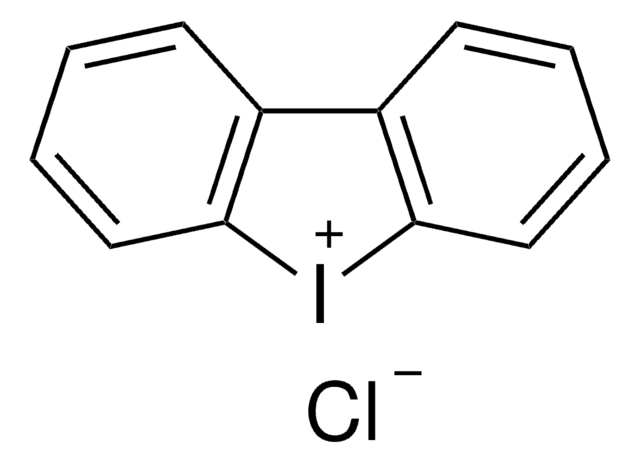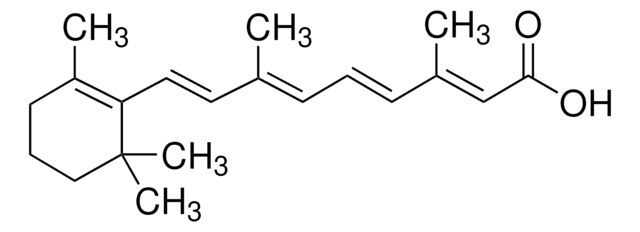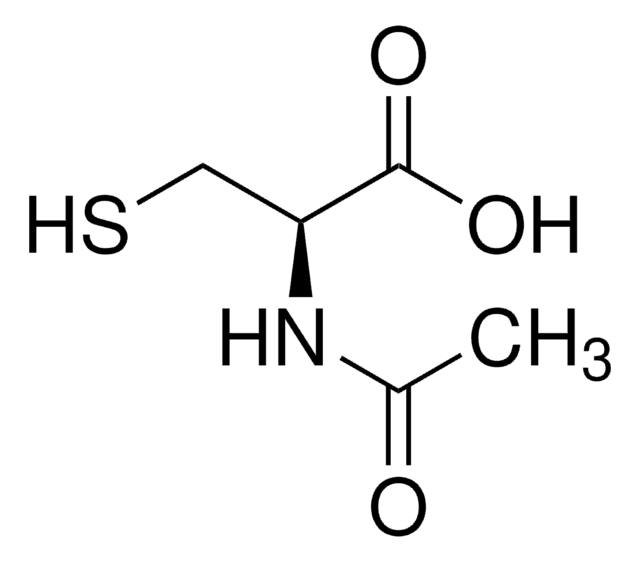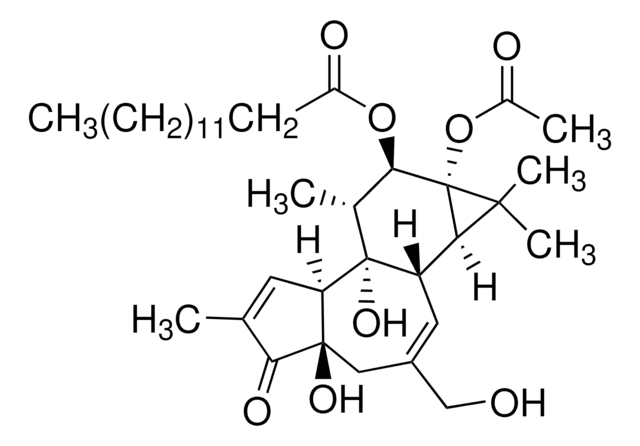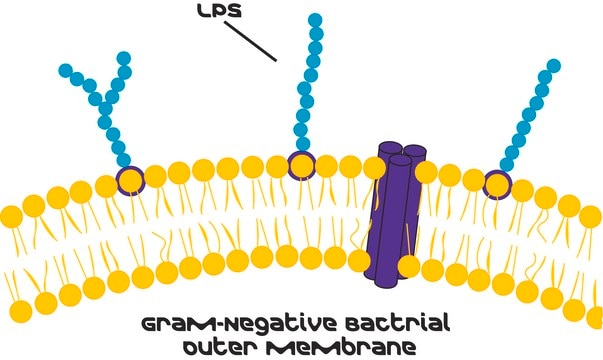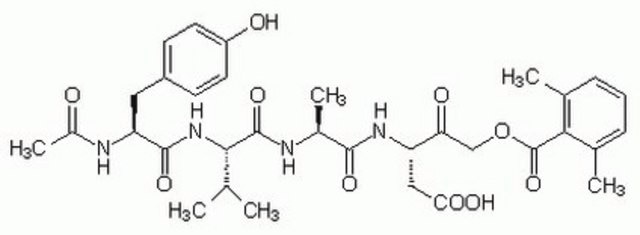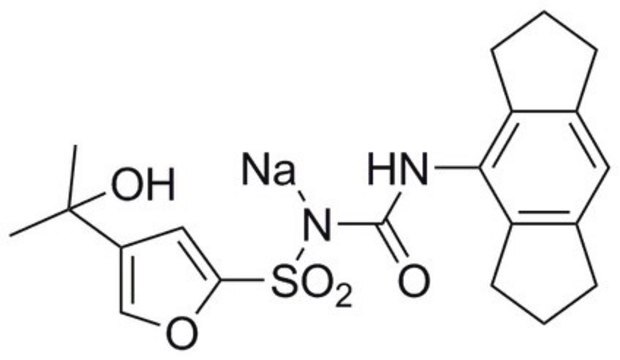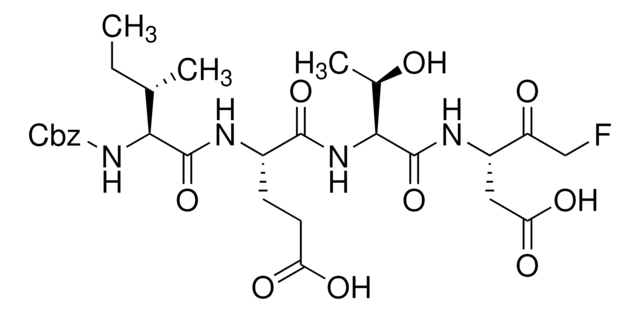SML0429
Ac-YVAD-cmk
≥95% (HPLC)
Synonym(s):
Ac-Tyr-Val-Ala-Asp-Chloromethylketone, N-Acetyl-L-tyrosyl-L-valyl-N-[(1S)-1-(carboxymethyl)-3-chloro-2-oxopropyl]-L-alaninamide, N-acetyl-tyrosyl-valyl-alanyl-aspartyl chloromethyl ketone
About This Item
Recommended Products
Quality Level
assay
≥95% (HPLC)
form
powder
color
white to off-white
shipped in
wet ice
storage temp.
−20°C
SMILES string
CC(C)[C@H](NC(=O)[C@H](Cc1ccc(O)cc1)NC(C)=O)C(=O)N[C@@H](C)C(=O)N[C@@H](CC(O)=O)C(=O)CCl
InChI
1S/C24H33ClN4O8/c1-12(2)21(24(37)26-13(3)22(35)28-17(10-20(33)34)19(32)11-25)29-23(36)18(27-14(4)30)9-15-5-7-16(31)8-6-15/h5-8,12-13,17-18,21,31H,9-11H2,1-4H3,(H,26,37)(H,27,30)(H,28,35)(H,29,36)(H,33,34)/t13-,17-,18-,21-/m0/s1
InChI key
UOUBHJRCKHLGFB-DGJUNBOTSA-N
Amino Acid Sequence
Application
- as an inflammasome inhibitor to add to THP-1 cells or PBMC (peripheral blood mononuclear cell) before stimulation
- as a caspase-1 inhibitor injected to C57BL/6 mice
- as a caspase-1 inhibitor, administered into mice before and during hematopoietic stem cell transplantation (HSCT) to evaluate its effect on bone marrow inflammatory injury
- to abolish the histidine-rich protein II (HRPII) effect on transendothelial electrical resistance (TEER)
- as caspase 1 inhibitor, to treat MCF-7 tumor xenograft mice, to validate the role of inflammasomes activation in tumor growth in vivo condition
Biochem/physiol Actions
Features and Benefits
Storage Class
11 - Combustible Solids
wgk_germany
WGK 3
flash_point_f
Not applicable
flash_point_c
Not applicable
Certificates of Analysis (COA)
Search for Certificates of Analysis (COA) by entering the products Lot/Batch Number. Lot and Batch Numbers can be found on a product’s label following the words ‘Lot’ or ‘Batch’.
Already Own This Product?
Find documentation for the products that you have recently purchased in the Document Library.
Customers Also Viewed
Articles
We offers many products related to caspases for your research needs.
Related Content
n proliferating cells, the cell cycle consists of four phases. Gap 1 (G1) is the interval between mitosis and DNA replication that is characterized by cell growth. Replication of DNA occurs during the synthesis (S) phase, which is followed by a second gap phase (G2) during which growth and preparation for cell division occurs. Together, these three stages comprise the interphase phase of the cell cycle. Interphase is followed by the mitotic (M) phase.
Apoptosis, or programmed cell death (PCD), is a selective process for the removal of unnecessary, infected or transformed cells in various biological systems. As it plays a role in the homeostasis of multicellular organisms, apoptosis is tightly regulated through two principal pathways by a number of regulatory and effector molecules.
Our team of scientists has experience in all areas of research including Life Science, Material Science, Chemical Synthesis, Chromatography, Analytical and many others.
Contact Technical Service